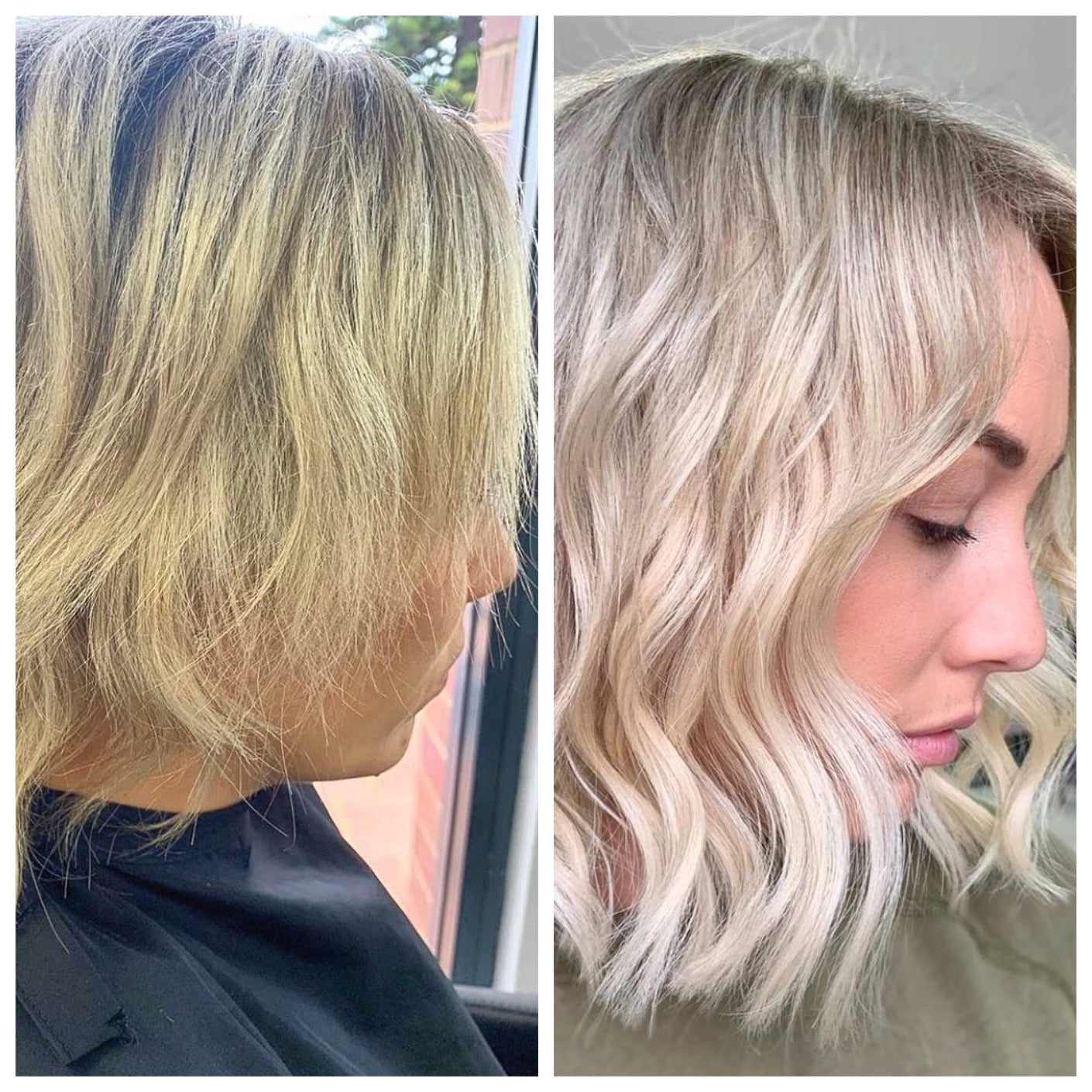Stressed, Losing Your Hair? What You Can Do About It!
Does your hair appear to be thinning? Do you sit at your desk and see your hair falling down onto your keyboard? Stress is often just such a part of our day to day life that we neglect to recognise the impact that it can have on our entire wellbeing. The reality is that certain stresses can result in a number of reactions within the body. Your skin may break out, your weight may fluctuate and you may also suffer from hair loss, which is known as telogen effluvium. This is one of the most common reasons behind hair loss.
Causes of stress
There are several types of stress, both short-term and long-term chronic stress. There are also physical stressors and emotional or mental stressors. A fight with your partner or perhaps getting stopped for having a brake light out is certainly stressful. But these isolated events shouldn’t do much besides cause your blood pressure to go up for a time. Long-term stress can be caused by a number of factors, including lifestyle, career and illness.
Just how do you determine what might be behind your hair loss? It’s important to keep in mind that if your hair is falling out, there may be an underlying concern contributing to it. Your first call should be to make an appointment with your doctor. Your doctor will be able to perform tests to see if there is something deeper than stress contributing to your hair loss.
Pregnancy and childbirth, resulting in hair loss
Most women see their hair grow much more luscious, and at a faster rate, during pregnancy. The combination of hormones and prenatal vitamins can lead to seeing a boost in volume and length. Once the baby is born, there is a drastic hormonal change. This can lead to hair falling out quite rapidly. The good news is that hair loss after giving birth is quite often short-lived. The majority of women will see normal hair growth restored within a few months.
It is suggested that you continue taking your prenatal vitamins, and keep up with a healthy diet. This can help to support your hair as it struggles to adapt to the fluctuations in hormones. If your hair loss is impacting your levels of confidence, you could consider temporarily opting for clip-in extensions to wear when you go out.
Restrictive and unhealthy diets, leading to hair loss
A diet that is lacking in the nutrients your body needs to be healthy and thrive can result in hair loss. Significant hair loss, or restrictive crash diets, can be a shock to the body. The shock can lead to hair loss. Important nutrients and minerals, such as amino acids, zinc, iron and vitamins B6 and B12 are each absolutely vital to ensuring healthy hair growth.
Visiting your doctor is an important first step. Restoring your diet to one that is healthy, should be your next step. Your hair growth will increase, and any loss will soon be a thing of the past. It can take some time, however. You could consider also adding a daily multivitamin to your daily routine.
Seeing the rapid hair loss can impact your self-esteem, and leave you feeling like you need to hide away from the world, or wear hats every time that you go out. Skip the hats and opt for sewn-in or glued-in hair extensions. They will offer a worry-free way of restoring your lovely locks, until your natural hair grows back in.
Chronic stress and worry, resulting in hair loss
Studies have demonstrated that chronic stress and worry, including experiencing anxiety, can have a marked impact on your physical health. This includes kicking off telogen effluvium. The hair loss can be swift and noticeable within a short period of time.
The best resolution is to address the chronic stress, and address the anxiety. Finding ways to reduce your stress can be beneficial. Therapy can also prove beneficial. Until you can effectively address the sources of your mental and emotional distress, you will struggle to reverse any resulting hair loss.
Your hair loss can lead to a decrease in your self-confidence. It may also lead you to avoid going out and spending time with family and friends. The good news is that you do have some great options to restore your look while your hair grows back.
Steps you can take

Perhaps the first step that you can take is to effectively manage any stress that you have. Where possible, try to take steps to remove stressors from your life. During period of high stress, we can also suffer from vitamin deficiencies. Take a well-rounded multivitamin, and consider adding those that support hair growth.
Avoid using high heat styling tools on your hair. Also avoid using hair products, like styling gels, that can potentially weight down your hair. If possible, avoid colouring your hair until it has returned to normal.
Resolving your physical stress through the mind
Taking the time to decompress from chronic stress can do you a world of good. Meditation, therapy and other things that are good for your mental health and wellbeing can help you to better cope with the stresses that you are facing.
Most cases of hair loss are not permanent. They can, however, be difficult to deal with as you see your hair falling out. Work with your doctor and also your hair stylist, to find the best ways to recover and cope.



